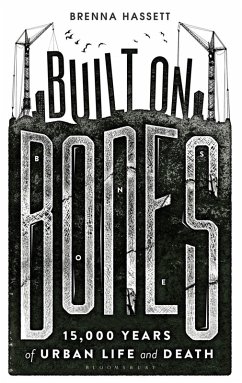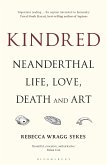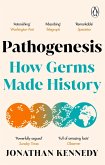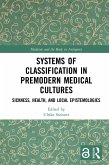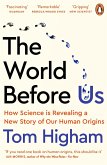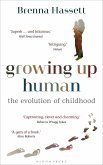The city has killed most of your ancestors, and it's probably killing you, too - this book tells you why.
Imagine you are a hunter-gatherer some 15,000 years ago. You've got a choice - carry on foraging, or plant a few seeds and move to one of those new-fangled settlements down the valley. What you won't know is that urban life is short and riddled with dozens of new diseases; your children will be shorter and sicklier than you are, they'll be plagued with gum disease, and stand a decent chance of a violent death at the point of a spear.
Why would anyone choose this? This is one of the many intriguing questions tackled by Brenna Hassett in Built on Bones. Using research on skeletal remains from around the world, this book explores the history of humanity's experiment with the metropolis, and looks at why our ancestors chose city life, and why they have largely stuck to it. It explains the diseases, the deaths and the many other misadventures that we have unwittingly unleashed upon ourselves throughout the metropolitan past, and as the world becomes increasingly urbanised, what we can look forward to in the future.
Telling the tale of shifts in human growth and health that have occurred as we transitioned from a mobile to a largely settled species. Built on Bones offers an accessible insight into a critical but relatively unheralded aspect of the human story: our recent evolution.
Imagine you are a hunter-gatherer some 15,000 years ago. You've got a choice - carry on foraging, or plant a few seeds and move to one of those new-fangled settlements down the valley. What you won't know is that urban life is short and riddled with dozens of new diseases; your children will be shorter and sicklier than you are, they'll be plagued with gum disease, and stand a decent chance of a violent death at the point of a spear.
Why would anyone choose this? This is one of the many intriguing questions tackled by Brenna Hassett in Built on Bones. Using research on skeletal remains from around the world, this book explores the history of humanity's experiment with the metropolis, and looks at why our ancestors chose city life, and why they have largely stuck to it. It explains the diseases, the deaths and the many other misadventures that we have unwittingly unleashed upon ourselves throughout the metropolitan past, and as the world becomes increasingly urbanised, what we can look forward to in the future.
Telling the tale of shifts in human growth and health that have occurred as we transitioned from a mobile to a largely settled species. Built on Bones offers an accessible insight into a critical but relatively unheralded aspect of the human story: our recent evolution.

